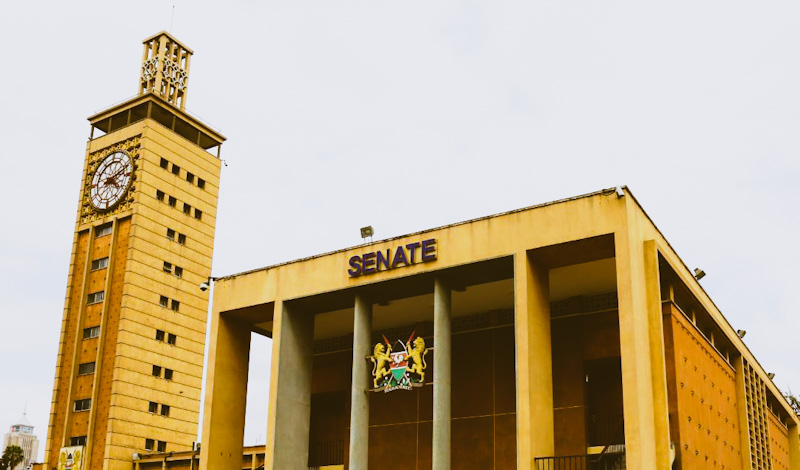Kenya has moved to increase the 10 million shillings minimum threshold required for foreign investors to obtain a trading certificate qualifying them for incentives such as tax rebates and investment deductions.
According to Dr Fred Matiang’i, the Interior Cabinet Secretary, the ministry will be seeking approval from parliament regarding the amendment of the Kenya Investment Promotion Act including raising the minimum threshold.
The law set a minimum of 100,000 US dollars (approximately 10 million Kenyan shillings) for the certificate, a figure the CS claims is too low given the size of the Kenyan economy.
“For a country our size and the economy of our size, we now need to be a bit more careful when we look at these kinds of things (rules for foreign investors) in future because we have learned the bitter way from some of these things,” the minister said on Friday partly in response to the committee’s investigation of the Turkish national Harun Aydin, for suspected involvement in money laundering despite venturing into the country as an investor in solar energy.
For its part, the Kenya Investment Authority (KenIvest) has proposed a flexible minimum foreign investment threshold depending on the capital requirement of different sectors. It based the proposal on feedback from stakeholders during engagements that saw the crafting of Kenya’s first investment policy in November 2019.
“The stakeholders wanted the minimum threshold to be tripled to USD 300,000 for capital intensive sectors including construction, energy, manufacturing, oil, and gas,” said Moses Ikiara, the investment promotion agency’s director-general.
He noted, however, that other stakeholders felt that the threshold should be lowered for sectors such as ICT whose ventures may not require as much capital.
Speaking back in April to Business Daily, Dr. Ikiara said that there were too many people who thought 100,000 dollars is high and said they wouldn’t have needed that minimum capital if innovations such as M-PESA were involved.
“There are certain kinds of companies where you need more human and knowledge than capital,” he added.
The proposed amendments also seek to allow innovative investments that are not capital-intensive not to be locked out and to ring-fence local investors.
Certain members of the National Security Committee such as the Kesses Member of Parliament, Mishra Swarup, insisted that the threshold be increased ten-fold to protect small traders.
“What’s Sh10 million for investment. It should be a minimum of 100 million or 200 million shillings. These investors (foreign) are blocking the progress of our citizens,” Dr Mishra said.
“As soon as we amend the law and they give us a higher threshold, we will implement the threshold they give us. So, maybe as Parliament, it is now an opportunity that you have to implement what Hon Mishra says,” Dr Matiang’i told the parliamentary committee sitting in Mombasa.
Rethinking Tax Incentives in Kenya’s Investment Promotion Efforts




